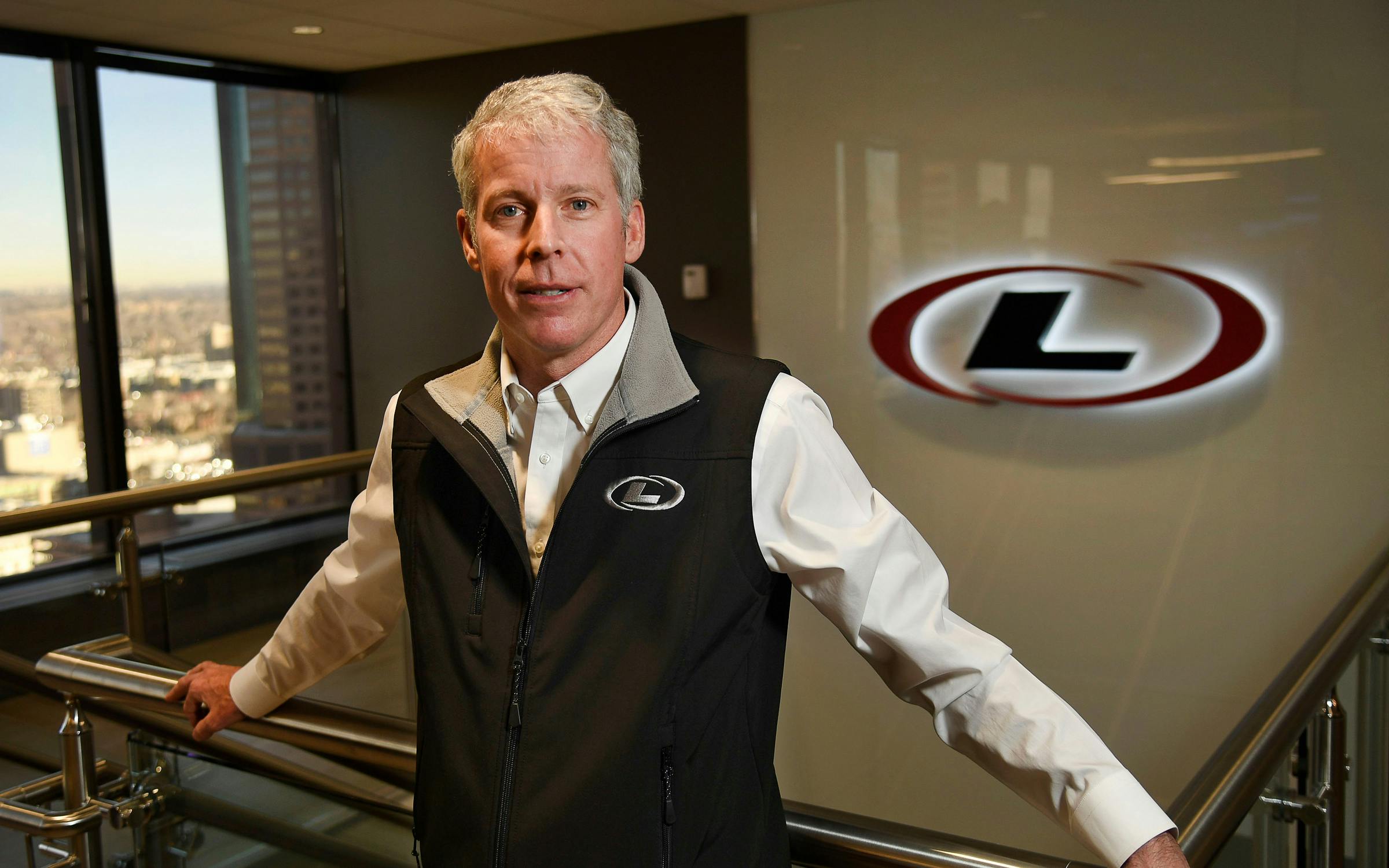If an airplane hadn’t skidded off the runway at the old Sloulin Field International Airport in Williston, North Dakota, I wouldn’t have stumbled on Liberty Resources’ innovative drilling approach. And I wouldn’t have found myself on the phone with Liberty’s chief executive, Chris Wright, whom Donald Trump has nominated for secretary of energy.
The minor aviation mishap shut down the airport, diverting my flight from Houston to Minot, two hours to the east of Williston. This set off a scramble for a small number of rental cars. The guy next to me on the plane secured one and offered me a ride to Williston. On the drive, we talked about our jobs. I was an energy reporter at The Wall Street Journal; he was Liberty’s operations manager for something called Project Stomping Horse.
He invited me to visit his drilling site, and later that night, as the temperature plunged to -20 degrees, I drove my rental car (picked up in Williston) there. This was February 2015, and the Bakken Shale oil boom was in full flower. Companies were drilling and fracking as quickly as they could. Like an army ahead of its supply chain, wells were turned on before pipelines could be laid. This meant natural gas was routinely flared, and trucks carrying crude oil clogged highways.
Stomping Horse was different. Liberty built centralized infrastructure for the 96 wells it planned to drill on 10,000 acres. On the multiacre pad, Liberty’s wells were connected to storage tanks and saltwater disposal wells. Liberty had spent $16.2 million on pipelines for gas, oil, and water—dramatically reducing the number of trucks the company needed. “Our idea was to build the world’s greatest oil factory,” Wright later told me when I called him for an interview.
Wright was focused on efficiency. America’s shale producers needed to lower their costs to survive falling global oil prices, he said. By then I had been reporting on fracking for a decade, but I had never seen anything like what Liberty was doing at Stomping Horse. It was impressive. The headline of my article described it as the “future of oil drilling.” Sure enough, it’s commonplace today in the Permian Basin to see giant pads serving a dozen or more wells, sharing infrastructure.
Trump hailed Wright as “one of the pioneers who helped launch the American Shale Revolution.” That statement isn’t factually wrong, but as they say, success has many fathers. Wright was there—but not in the driver’s seat.
In the early nineties, Wright founded a San Francisco-based tech company that sold software to oil and gas drillers to help them plan their fracks. He later served as board chairman of Fort Worth-based Stroud Energy, one of the earliest companies to lease and drill in the Barnett Shale—the first gas shale successfully fracked by Mitchell Energy, which led to the development of the Marcellus Shale in Pennsylvania and, later, the revival of the Permian Basin.
What kind of energy secretary would Wright be? He has taken positions outside the mainstream. “There is no climate crisis, and we’re not in the midst of an energy transition,” he said last year. But I’ve interviewed many fossil fuel CEOs who share such views. They regard energy as a great enabler of life and wealth, and they push back against efforts to curtail production with an almost evangelical zeal. I expect he’d push hard for a resumption in the permitting of new liquified natural gas export terminals, including in Texas.
On solar and wind power, he seems squarely in the camp that tolerates renewables without regarding them as serious energy sources. “The world runs on oil and gas, and we need that,” he told CNBC in 2023. “I don’t think you’ll see meaningful change of our hydrocarbon system in the next three decades.” He said he was for investing in new energy sources but cited nuclear as a good place to put money. (He sits on the board of Oklo, which is designing a small-scale nuclear reactor.)
At one point in his career, at least, Wright was pursuing fossil fuel production in a way that reduced waste and truck congestion. He was ahead of the times. If his past is a guide, he will be pronuclear and pro-fossil fuels—and thoughtful about how to wisely build those energy assets.
But another industry revolution, at least as significant as the shale boom, is well underway. Renewables already serve a vital portion of our energy needs. (Wind alone generated 24.3 percent of the electricity on Texas’s primary grid last year.) Wright has not taken this change seriously or has seemingly dismissed it. I wouldn’t bet on him as an all-of-the-above energy secretary.

